After World War II, the former allies were saddled with a devastated world economy and traumatized populace. Soviet influence spread insidiously from nation to nation, and the Atlantic powers—the Americans, the British, and a small band of...
Формат:
только полные версии
Authors Roger Manvell and Heinrich Fraenkel, notable biographers of the World War II German leaders Joseph Goebbels and Herman Goring, delve into the life of one of the most sinister, clever, and successful of all the Nazi leaders: Heinrich...
From critically acclaimed world historian, Antony Beevor, this is the first major account in more than twenty years to cover the whole invasion from June 6, 1944, right up to the liberation of Paris on August 25. It is the first book to describe...
In October 1942, a panzer officer wrote ‘Stalingrad is no longer a town… Animals flee this hell; the hardest stones cannot bear it for long; only men endure’. The battle for Stalingrad became the focus of Hitler and Stalin’s determination to...
From the preeminent Hitler biographer, a fascinating and original exploration of how the Third Reich was willing and able to fight to the bitter end of World War II.
Countless books have been written about why Nazi Germany lost World War II,...
Воспоминания одного из самых известных офицеров США эпохи колонизации Запада.На английском...
Alexander Sutherland (1852–1902) was a Scottish-Australian educator, writer and philosopher. Sutherland did a large amount of literary work. He was responsible for the first volume only of Victoria and its Metropolis, published in 1888, an...
Tony Judt’s Postwar makes one lament the overuse of the word “groundbreaking.” It is an unprecedented accomplishment: the first truly European history of contemporary Europe, from Lisbon to Leningrad, based on research in six languages,...
The myth that the Nazi-era German armed forces, the Wehrmacht, was not involved in war crimes persisted for decades after the war. Now two German researchers have destroyed it once and for all. Newly published conversations between German...
This is an excellent book and works on so many different levels. You read it as one man trying to reconcile his marxist beliefs with the horrors of stalins' russia and then the eventual collapse of communism. You can also read it as the life of...
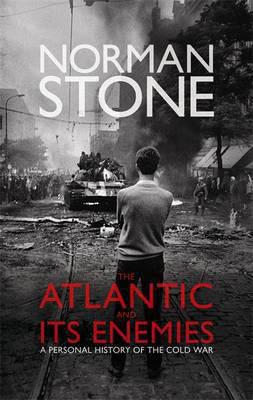
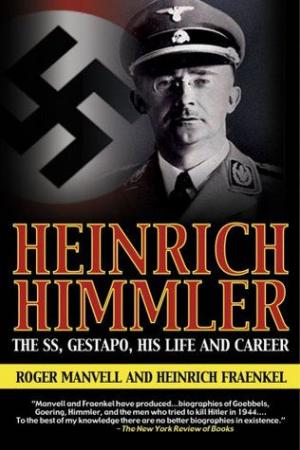
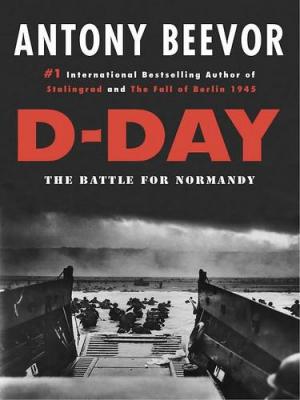
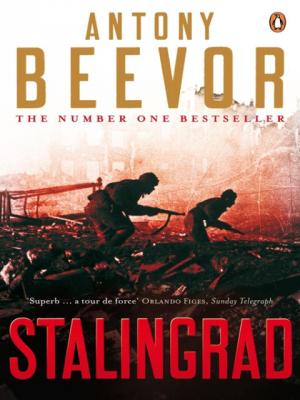
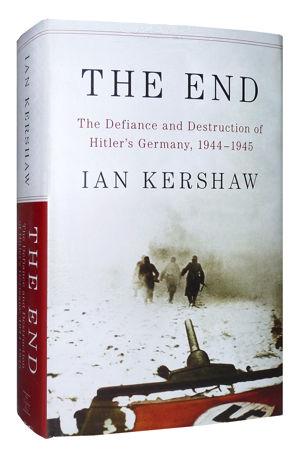

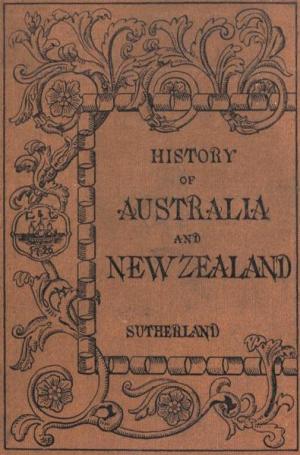
![Postwar [A History of Europe Since 1945]](https://www.rulit.me/data/programs/images/postwar-a-history-of-europe-since-1945_235916.jpg)